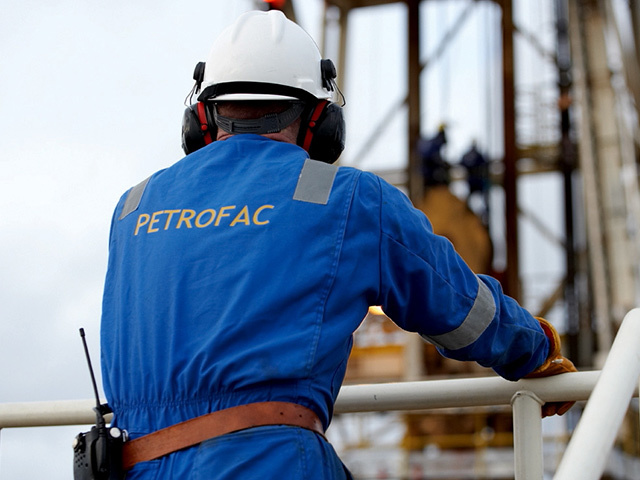
International energy services firm Petrofac is tackling the skills gap head-on with a new training programme to ready ex-military personnel for work in the North Sea.
The first tranche of recruits are set to go through the Forces Transition Programme at the group’s Aberdeen training facility starting on March 4.
This is a move, senior vice president for Europe, Walter Thain, believes will inject much-needed skilled capacity into the ageing UK oil and gas workforce.
The programme was developed following three major contract wins in the North Sea – work at GDF Suez’s massive Cygnus gas field in the Southern North Sea; refurbishment of Ithaca Energy’s floating production facility on the Greater Stella field, and an operations and maintenance contract with EnQuest for its EnQuest Producer floating production facility, destined for the Alma Galia project.
Thain said: “Because we had a longer-term view on what the resource requirements were, we re-hashed our intake strategy rather than recruitment strategy. We needed to think about where we were going to get our people from.
“I think we are past the stage of trying to steal each other’s staff; the only way to cure this is to inject resources.”
The firm already operates schemes for graduates, trainees, marine cadets and apprentices.
Thain says the new forces programme is designed to ready highly-skilled ex-military recruits for a career in oil and gas.
“In the big bad world out there, people are looking for experienced people,” said Thain.
“In the military, people are well skilled, well trained and willing to work in harsh environments. The only bit they are missing is experience in oil and gas training. We thought that was a market we could tap into.”
Petrofac trains around 50,000 oil and gas workers through its training arm – Petrofac Training Services – every year.
PTS was formed through the acquisition of four businesses since 2003 – Chyrsalis Learning, RGIT Montrose, Rubicon Response and most recently Oilennium.
Recruits under the new forces transition programme are employed full-time at the company from day one.
The 12-month scheme involves an initial 8-week period of onshore training followed by 10 months of supervised work offshore to gain SVQ Level 3 qualifications.
Thain said the scheme will initially be run as part of the firm’s UK business, with groups of eight recruits going through on continuous eight-week batches.
The first cohort will be control technicians, while the second and third groups will be electrical technicians and project engineers.
“We are trying to create more resources than there is a need,” said Thain. “The market is very buoyant right now and the new projects are coming along.”
He said the scheme was unlikely to give Petrofac a competitive edge but instead it was about injecting much-needed skilled capacity into the business.
“If we don’t do this now, we are going to struggle to get what we need,” added Thain.
Recommended for you
